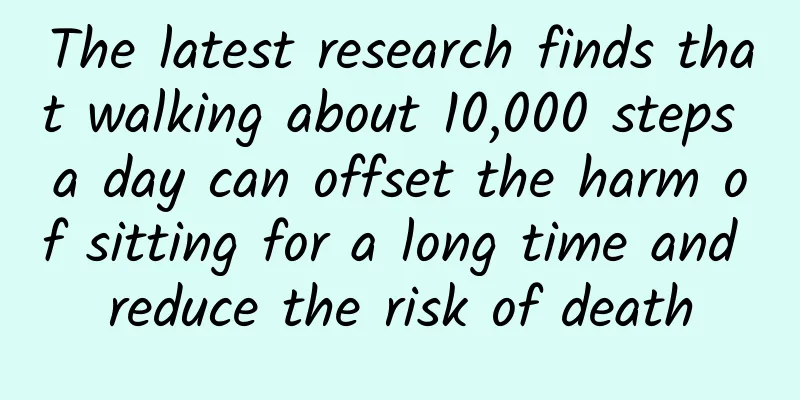Two or three things about reflux

|
Gastroesophageal reflux is a common digestive system disease, which refers to the acidic gastric juice in the stomach flowing back into the esophagus, causing a series of symptoms and complications. This article will introduce gastroesophageal reflux from the aspects of cause, symptoms, diagnosis and treatment. 1. Causes Reflux is the reflux of food from the stomach to the esophagus - the principle is the relaxation of the lower esophageal sphincter. The incidence of this disease in my country is about 12.5%, which is a very high incidence disease. Its symptoms include heartburn, acid reflux, chest pain, upper abdominal discomfort, belching, throat discomfort and so on. Reflux is caused by 8 types of people, including those over 40 years old, those who sit for a long time, those who are obese, those with a family history of gastrointestinal diseases, those who take non-steroidal anti-inflammatory drugs, those who smoke, drink alcohol, overeat, and those who are anxious and depressed. Hazard 1: Eating, sleeping, and working will be affected; Harm 2: Leading to mental illness - anxiety, depression and feeling like you have a terminal illness; Hazard 3: Cough, sleep apnea syndrome, chronic obstructive pulmonary disease, esophageal adenocarcinoma Image source: Pixabay 3 treatment methods: (1) Lifestyle intervention; (2) Drug treatment (3) Surgical treatment (endoscopic, anti-reflux surgery) Five changes to adjust your lifestyle: 1. Avoid overeating, only eat until you are 80% full, and avoid eating 2-3 hours before going to bed. 2. Say no to obesity---control your weight 3. Refuse to drink alcohol, tobacco, strong tea and coffee 4. Maintain the golden 30-degree angle when sleeping. 5. Stay optimistic and build confidence in overcoming the disease. Do we also need to evaluate the esophagus through endoscopic examination under lifestyle intervention? Image source: Pixabay 4. Drug selection: The degree of esophageal injury needs to be observed after the internal diameter is assessed - none, mild, moderate, or severe; and there are three treatment options - maintenance treatment, on-demand treatment, and active treatment (for severe esophageal injury); Warm reminder: Regular follow-up is necessary after treatment. Everyone, stay away from food reflux and enjoy healthy food! Source: Chongqing Banan District Second People's Hospital Author: Liu Huarong, Department of Internal Medicine Review expert: Tu Xiuying, chief physician Statement: Except for original content and special notes, some pictures are from the Internet. They are not for commercial purposes and are only used as popular science materials. The copyright belongs to the original authors. If there is any infringement, please contact us to delete them. |
<<: Sudden "alopecia areata"? Learn the truth about alopecia areata
Recommend
What harm does Qinggong do to women's body
Uterine curettage is a secondary surgery, mainly ...
How to prevent vaginal dryness during breastfeeding?
Many conditions may occur in the bodies of breast...
How to sleep most comfortably after episiotomy
Episiotomy is mainly performed on women who give ...
Can the eyes also have a "stroke"? These types of people must be vigilant!
Teacher Qin (pseudonym), 45, is a senior high sch...
What is the reason for a normal menstrual cycle but a small amount of menstruation?
The normal menstrual cycle lasts 28 days. If the ...
How to eat spicy cabbage (can be eaten raw or cooked, stir-fried with pork belly to make sauce soup)
...
What is the antibody test?
Pregnancy is a very difficult thing, but the mood...
What causes right groin pain in women?
The groin is close to our sexual organs. If there...
What are egg cells produced from?
In the process of our daily life, we often hear p...
When to have sex with follicle monitoring
Follicle monitoring is to determine the period wh...
Causes of non-menstrual pain in adenomyosis
Most patients with adenomyosis think that abdomin...
Guangda: 2024Q1 overseas popular short drama application trend insight report
In 2023, short dramas are a hot commodity for the...
Can I eat off-season vegetables safely?
Nowadays, with the development of science and tec...
Can I eat instant noodles during breastfeeding?
Instant noodles are a type of fast food. Postpart...
What causes sweating after childbirth?
Some pregnant women have found that they sweat a ...









